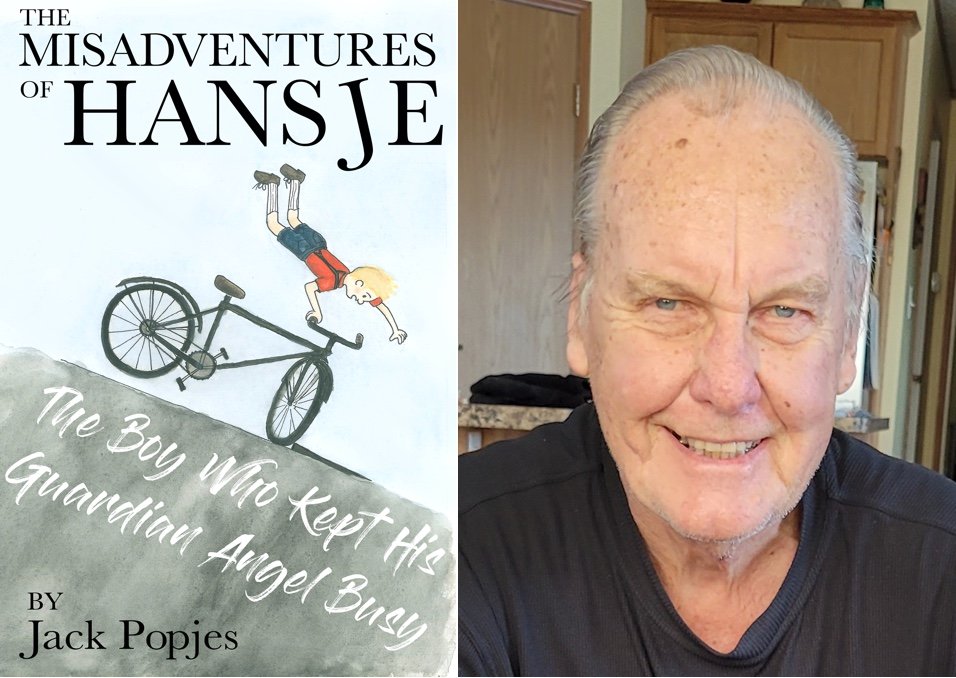punctuation for brevity and banality
by Renee
(St. John's, NL, Canada)
I do a fair bit of editing at work for researchers and students who write technical reports. My pet peeve is over-use of commas - I threaten to charge $1 per comma but nothing for periods to encourage shorter, less wordy sentences. (I have seen a sentence that ran 5 lines long.)
Your tips on pesky problems are entertaining and helpful. I found your comments on "that/which" especially informative. But, I think I found a comma splice in your tip on dangling modifiers:
"I put down my cup of tea, and then turned around."
Shouldn't there only be a comma if the words after "and" were an independent clause?
Another peeve is jargon - arguably a necessary evil in engineering reports. Regarding quote marks - is it okay to use quotes around the first instance of jargon? I usually use that to indicate an unusual use of a common English word or something you won't find in a dictionary (and insist it be defined in the first instance). If that's not proper use of quotes, could you suggest a more acceptable way to indicate jargon?
Warm regards,
Renee
Comments for punctuation for brevity and banality
|
||
|
||

This is Jack Popjes and one of his published books. He and I worked on multiple projects. He's met many goals.
Meet your writing goals in 2023.
Free Newsletter
Sign up below for
Editor's Notes
Inspiration and Writing Tips
and receive tips
to maximize
your use of MS Word.
Click for more information
and archived copies...
Or sign up using the form below
to start your subscription right away.



